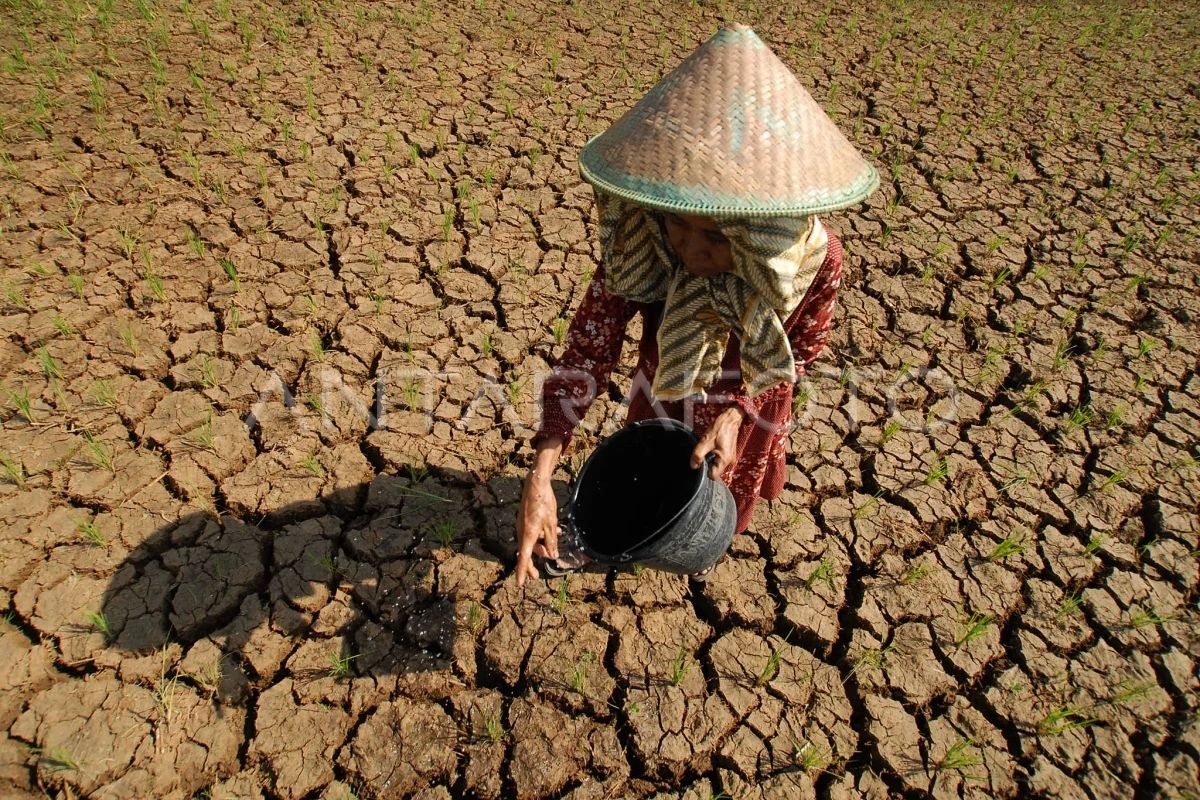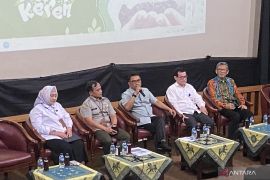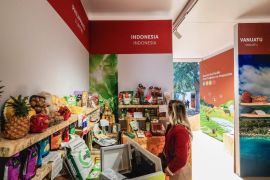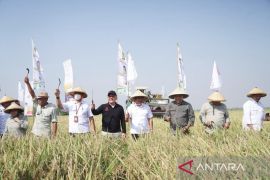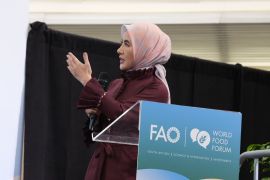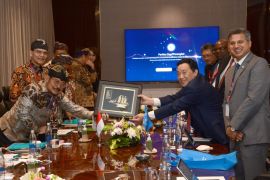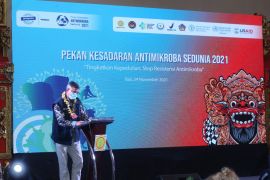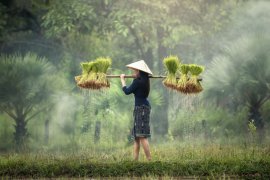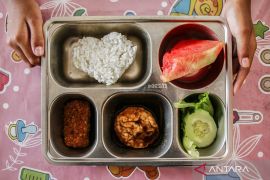FAO, in the spirit of World Food Day 2023, highlighted the crucial role of water in life. Hence, "Water is Life, Water is Food. Leave No One Behind" becomes the theme for World Food Day this year.
The theme reflects on water, one of the most precious resources on earth and an essential element for life on the planet, the FAO noted in a statement received in Jakarta on Monday.
"Water covers the majority of the planet’s surface, makes up over 50 percent of our bodies, helps keep us fed, supports livelihoods, and is central to achieving the 2030 Agenda for Sustainable Development and the Sustainable Development Goals (SDGs)," the UN organization noted in its statement.
The FAO also stressed that in the face of complex challenges posed by climate change and pollution, it is vital to shield our freshwater resources and aquatic food systems while ensuring that people have equal access to water.
Over the past two decades, approximately one-fifth of the world's freshwater has been lost.
"Without action, we are on course to increase our agricultural water use by more than a third by 2050. That means, collectively, we risk reaching a point of no return, and climate change is bound to worsen our water challenges," it stated.
Water challenges affect different people in different ways, especially in water-stressed areas, where even the smallest change can have a major impact on people’s lives.
Rapid population growth, urbanization, economic development, and climate change have all taken a toll on water resources. Paired with water pollution and over extraction, this creates a complex mix of challenges.
Innovative and efficient water management practices, as well as on-the-ground actions, are already underway to address these challenges.
"Initiatives, such as mainstreaming biodiversity conservation and sustainable use into inland fisheries practices in freshwater ecosystems (IFish project), developing a national strategy for sustainable management of aquatic genetic resources and the works to combat water scarcity demonstrate our commitment to Indonesia," FAO representative in Indonesia and Timor-Leste Rajendra Aryal stated.
He said that farmers and fishers need to become the agents of water management and be equipped with the right tools to do so sustainably. Farmers, livestock producers, and those working in the blue economy already manage water on a daily basis.
“Supporting and encouraging them to take leadership in finding and implementing water solutions is both the obvious and the smart thing to do," Aryal remarked.
However, he emphasized that such effort could not be possibly made without providing them with the knowledge, appropriate technologies, training, and information as well as involving them in all stages of the planning and decision-making process.
He explained that managing water starts by selecting and using the right biodiversity in production systems, including local livestock races, crop and plant species and varieties that are resilient and adapted to the environment.
"We need to shield our existing freshwater resources and aquatic food systems from pollution and impacts of climate change, and we have to ensure that people have equal access to water," Aryal stated.
He said that groundwater accounts for 99 percent of the earth's liquid freshwater and contributes a quarter of human water use.
Aryal said that humans must collectively recognize the significance of water in lives and treat it like life and food.
Related news: Indonesia signs LOI to support World Water Forum in 2024
Related news: El Nino: President stresses securing water supply
Reporter: Yuni Arisandy Sinaga
Editor: Anton Santoso
Copyright © ANTARA 2023
